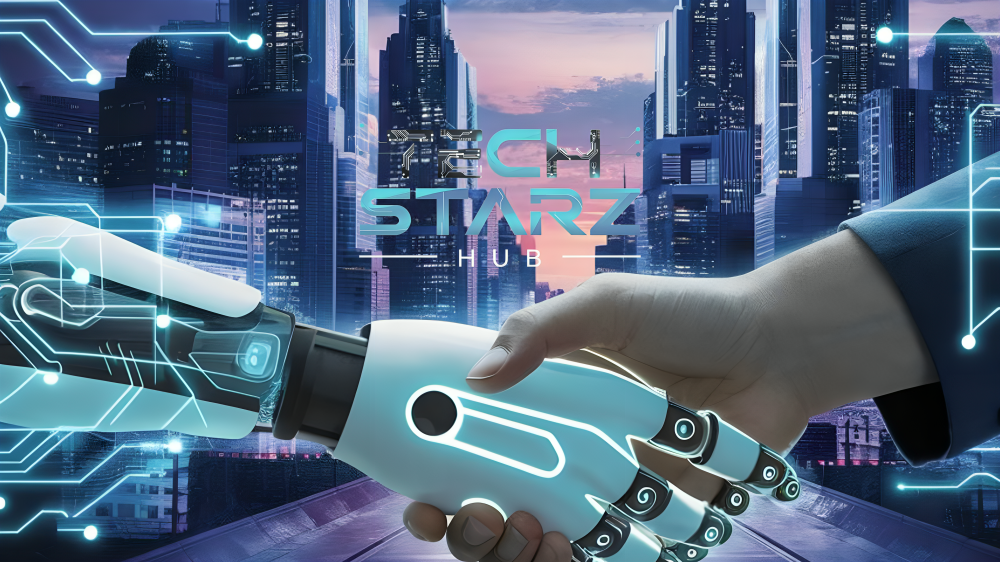Explore the future of Artificial Intelligence (AI) in 2024 and its impact on healthcare, finance, cybersecurity, ethics, and society.
Healthcare Advancements
Artificial Intelligence is revolutionizing healthcare by improving diagnostic accuracy and personalized treatment plans. AI-powered imaging tools analyze medical scans with unprecedented precision, aiding doctors in early disease detection and effective treatment strategies.
For instance, AI algorithms can process vast amounts of patient data to predict diseases like cancer, heart conditions, and neurological disorders. These insights enable healthcare providers to deliver timely interventions and enhance patient outcomes.
Financial Sector Transformations
In the financial industry, AI technologies are reshaping operational efficiencies and customer experiences. Automated data analysis and machine learning algorithms optimize trading strategies, detect fraudulent activities, and personalize financial advice.
AI-driven chatbots and virtual assistants provide 24/7 customer support, improving engagement and satisfaction. Moreover, predictive analytics enhance risk management and decision-making processes, enabling financial institutions to navigate complex market conditions.
Cybersecurity Enhancements
AI plays a pivotal role in cybersecurity by fortifying digital defenses against evolving threats. Machine learning algorithms analyze network behaviors and detect anomalies, preemptively identifying potential cyber attacks.
Automated response systems mitigate risks in real-time, safeguarding sensitive data and maintaining operational continuity. AI-driven security solutions continuously learn from data patterns, adapting defenses to counteract sophisticated cyber threats effectively.
Ethical and Privacy Considerations
As AI technologies advance, ethical considerations become paramount in ensuring responsible development and deployment. Issues such as algorithmic bias, data privacy, and transparency require proactive measures to uphold ethical standards.
Industry stakeholders advocate for ethical AI frameworks that prioritize fairness, accountability, and transparency. Regulatory guidelines and compliance frameworks aim to mitigate risks and protect consumer rights in an increasingly AI-driven society.
Societal Impact
AI’s widespread adoption influences societal norms, workforce dynamics, and educational paradigms. Automation and AI-driven technologies redefine job roles, emphasizing skills in data science, machine learning, and human-machine collaboration.
Educational institutions integrate AI-based tools to personalize learning experiences and equip students with future-ready competencies. Furthermore, AI innovations enhance accessibility to healthcare, education, and essential services, fostering inclusive growth and societal resilience.
The Path Forward
The future of AI in 2024 hinges on collaborative efforts to address challenges and maximize benefits across diverse sectors. Industry leaders, policymakers, and technology innovators collaborate to develop sustainable AI solutions.
Continued research in AI ethics, regulatory frameworks, and technological advancements propel responsible AI adoption. By prioritizing innovation with integrity, stakeholders navigate complexities and shape a future where AI augments human potential and societal well-being.
Conclusion
Explore the transformative potential of AI in 2024 across healthcare, finance, cybersecurity, ethics, and society. As AI continues to evolve, proactive measures ensure responsible development and equitable access to AI-driven solutions.
“The future of AI is shaped by our decisions today.” – AI Ethics Expert

